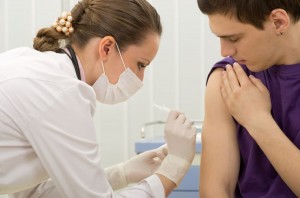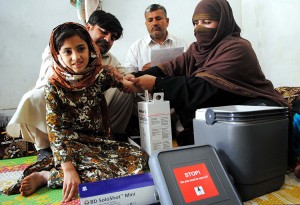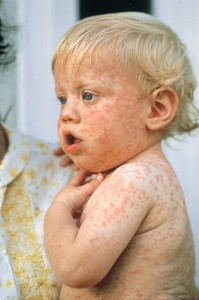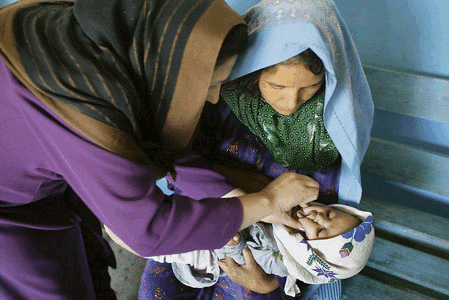National Nurses Week
Friday, May 6th, 2022National nurses week begins today, May 6, 2022. Each year an entire week is dedicated to the hardworking, brave, and caring nurses who take care of sick, injured, and vulnerable patients. If you know or see any nurses this week, make sure to tell them “thank you” for all that they do. The week always ends on May 12, the birthday of Florence Nightingale. Nightingale founded the nursing profession as we know it today.
Born into a wealthy British family in 1820, Nightingale was expected to marry. However, she felt called to help the sick. She led the care of injured soldiers in the Crimean War (1853-1856). From this work, she became a world authority on scientific care of the sick. In 1860, Nightingale used donations of about $222,000 to found the first school of nursing, Nightingale Training School for Nurses at St. Thomas’s Hospital in London. The United States asked Nightingale’s advice for setting up military hospitals during the American Civil War (1861-1865). Nightingale received many honors and became the first woman to be given the British Order of Merit. She died on Aug. 13, 1910.
Nursing is a profession that provides care to the sick, the injured, and other people in need of medical assistance. Nurses perform a wide variety of duties in many settings. Many nurses work in hospitals, outpatient clinics, or other health care facilities. Other nurses work in health insurance companies, research institutions, and pharmaceutical (medicinal drug) companies. Nurses also work in schools, factories, and the armed forces. Nurses may run general health screening or immunization clinics and blood drives.
Patients often get most of their direct health care through nurses. Among their duties, nurses record patient medical histories and symptoms, help perform medical tests, administer treatment and medications, operate medical machinery, and help with follow-up care and rehabilitation. They also provide advice and emotional support to patients and their families.
Nurses educate patients about various medical conditions. They teach patients and their families how to manage illnesses or injuries. They explain home care needs, including diet, nutrition, and exercise programs; physical therapy; and how to take medication. Some nurses work to promote public knowledge about health and health care. They may give public lectures on health and medical topics.
More women serve in the field of nursing than in any other profession except teaching. However, this trend is changing. Until the 1960′s, men made up only 1 percent of professional nurses. By the early 2000′s, men made up more than 10 percent of students enrolled in undergraduate professional nursing programs. Men make up about 6 percent of professional nurses.
Nursing offers satisfaction to those who desire to help others. It also provides a wide range of job opportunities. A capable nurse—especially one with an advanced degree—can generally feel sure of a job. Salaries for nurses are often high compared with those for other professions. A nurse must like people and want to help them. A nurse must also have self-reliance and good judgment. Patience, tact, honesty, responsibility, and the ability to work easily with others are valuable traits. Good health is another requirement.
Nurses have worked tirelessly throughout the COVID-19 pandemic. In 2020, many nurses took care of people sick from COVID-19 and quarantined away from their families and friends to prevent spreading the virus. While nurses always deserve praise and gratitude, throughout the past few years they have been true heroes.







